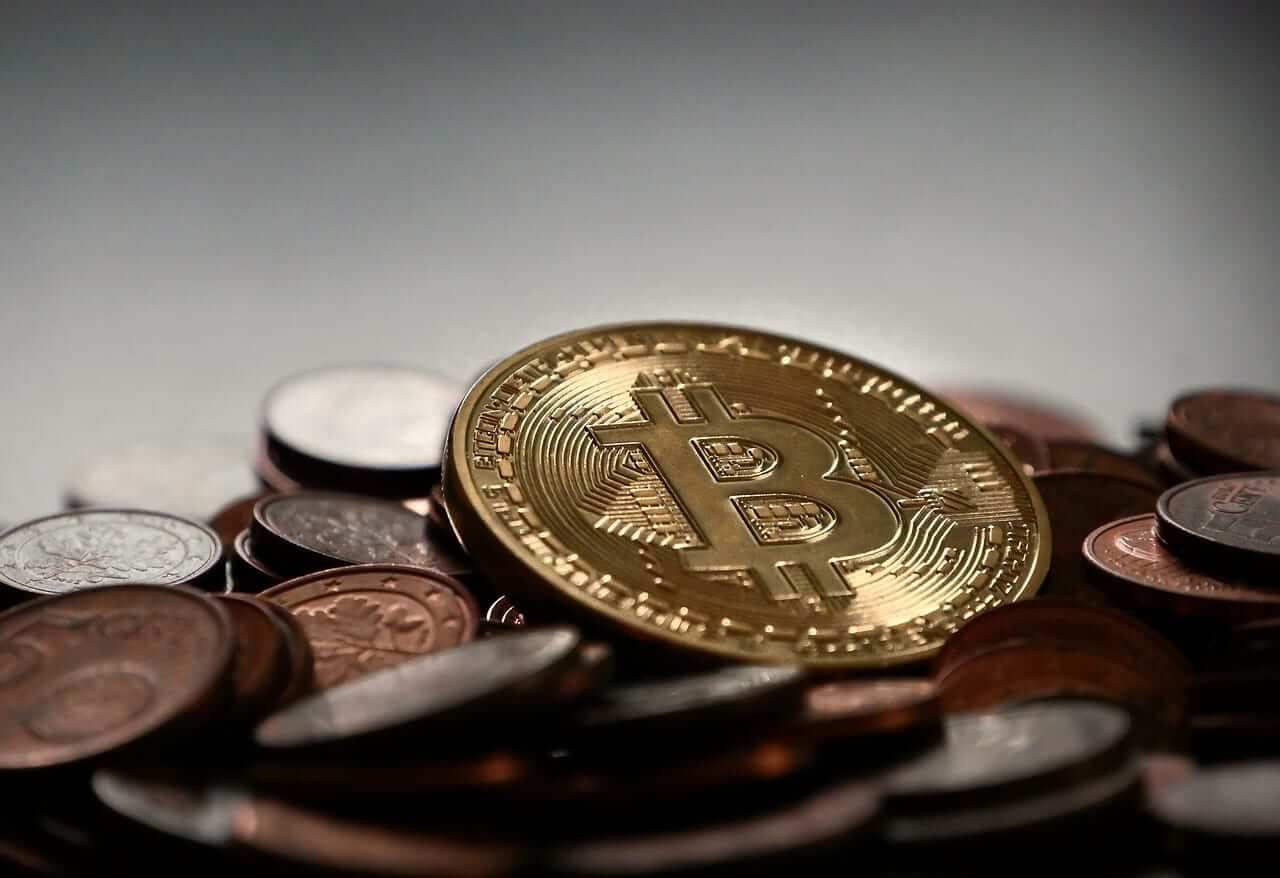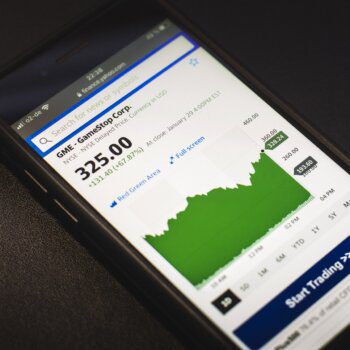Bitcoin may be worth more than this, but I’ll only give two cents for it.
The infamous cryptocurrency, Bitcoin, saw its value explode in a matter of months. It was at $1,000 / bitcoin at the beginning of 2017, $6,000 a month ago, and around $13,000 today (well, stay put, that will change again tomorrow). Can you believe it started off with a negative value?
WHY ARE BITCOINS WORTH SO MUCH NOW?
Because there is a sudden surge in demand for it along with limited supply. Announcements and recent business deals made Bitcoins rapidly more popular, and as it gained value fast, more people wanted “in”, thus demand increased, and so did its value.
Bitcoins are continuously created (or “mined“) but at a modest, continuous and predictable rate. This is key for a currency to become a true alternative to dollars, euros and other currencies: its supply / quantity remains reliable. What happens when a currency is not supplied reliably? We saw an unfortunate example of this in Zimbabwe between 1995 and 2008.
Understanding the dynamics of demand and supply of bitcoins helps understand the craze around it. If it succeeds as an alternate currency to national currencies, it can help people live and survive beyond the failure of governments. It may have been used in Zimbabwe (yes, again) as an alternative mean of exchange, more reliable than local money.
This said, what can you use bitcoins for? What can you buy with it?
You’ve probably read about drugs, assassins for hire, escorts, and other unconventional businesses. Not untrue, but that’s not any different than what happens with dollars or yens. A few online services and shops started to accept payments in bitcoins, but would you really use bitcoins to purchase a pair of shoes, a car or a trip abroad? Definitely not now: even if the bitcoin price of an item varies along with bitcoin’s value, you’re most likely paying more for this transaction than by paying in dollars. Why would sellers bear any of the risks associated with the currency fluctuation?
So bitcoins can only really buy you money – they have no other use at the present time. Bear this in mind when you estimate future demand.
LET’S TALK ABOUT INVESTING IN BITCOINS
Now, we all want to be billionaires. And if it’s as easy as putting money in the right place, even more so. The recent exponential growth of the value of bitcoins makes everyone dream of it, particularly as the speculation for a continued growth is hotly debated among economists – supposedly the “experts”.
Is it a good idea to invest in bitcoins? In my opinion, no.
It feels like a gamble, rather than an investment, at this point in time. If you are not adverse to risk though, maybe there’s a lot to gain?
Say you want to consider trying it, this is what you should consider. Since value growth is about demand, it is about human behavior. If you want to beat it and earn while it grows, sell before it falls, you should do it with a minimum of discipline to optimize your results (and sleep at night). Most of it is passive and not necessarily time-consuming.
Here, some ideas to work on…
1. WHAT HAPPENED BEFORE DOES NOT DETERMINE WHAT HAPPENS NEXT
Sudden growths in investments are often made by “bandwagon effects“, i.e.nobody was interested in bitcoins until everyone else around them became interested. If you bought bitcoins early on, say on November 11 (a month ago) for about $6,000 each, you almost tripled your value. But did you?
It’s tempting to jump on the bandwagon, hoping that it will continue to grow. Realize that to continue to increase the value of bitcoins, demand for bitcoins must increase (and not stay the same): there has to be more people wanting to buy bitcoins than when you purchased it. To me, it sounds a lot like a potential Ponzi Scheme.
But without facts, there’s no confidence that it will continue to grow, there’s just hope.
2. SLOW DOWN ON THE NEWS AND STAY CRITICAL
News outlets make the case of increase demand and crazy stories about what people are ready to do to get bitcoins (including, apparently, mortgage their house). These news are only useful to you if others waste their time reading it.
Remember: to beat the market, everyone but you has to lose.
You must purchase bitcoins before everyone else, and sell them before everyone stops buying and sells. Why? Because as soon as people start selling, demand decreases and so does the value. When value decreases, more people may be tempted to sell to protect their earnings. And it goes on.
Reciprocally: everyone wants you to lose.
The Internet has spoken!
3. BE READY TO LOSE WHAT YOU’VE INVESTED
From a cherished economics professor, whom I trust for his sense of business: be ready to lose everything at a moment’s notice. Clearly the value of bitcoins changes a lot and will continue to do so until we find some use to it (retailers accept it and people use it there), so investing today feels like a gamble. Be ready to lose the bet.
Banks have tools to help you calculate what economists call your “aversion to risk”. If you’re a risk taker, take the bet. If not, consider other investments (there are plenty).
4. HAVE INVESTMENT OBJECTIVES
If you invest now, you’re likely to pay a for a high value estimate (compared to a month ago). But maybe it is still lower than the value in a month from now. Who knows?
Let’s say you invested $1,000 worth of bitcoins (about 1/16th).
What you need to do is to set yourself investment objectives that you will follow:
To limit your losses, you set a minimum value for your investment (say $500): if it reaches this point, you sell. In this example, it means that if bitcoins lose half of their value ($1,000 to $500), you sell. You’re losing money, but you are not losing all of it. People tend to keep their investment for too long and, worse, keep investing in it, hoping that buying at a lower value will help. It can, but it’s unlikely with something so volatile.
It’s called the “sunk cost fallacy”. In Thinking Fast and Slow, Daniel Kahneman said that
“organisms are more prone to minimizing the threats than maximizing the opportunities.”
To secure your gains, you also set a maximum value of my investment (say $1,500). If bitcoins continue to grow up to this point, you sell. Yes, you may be tempted to wait to see it grow more, but, again, what happened before does not predict well what will happen next.
Where you set your minimum and your maximum depends on your tolerance to risk with the money you invested.
THE BOTTOM LINE
Bitcoin’s potential is enormous as an alternate currency. It has been well received in low income countries as a way to protect individuals’ savings from government failure to protect and promote a country’s currency.
As an investment, bitcoin’s value is volatile and difficult to predict. Don’t be too sensitive to the news. Don’t trust what other people say, but look at what they do. Set yourself minimum & maximum values of your investment at which you will sell.
And chill.
______________________________________________
About the Author
This article was written by Gatien de Broucker of Non Solum Data.




























